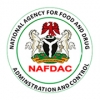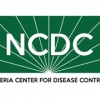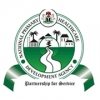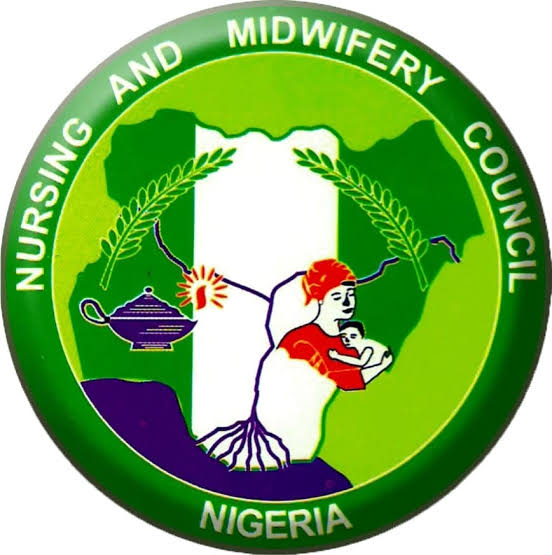OPENING REMARKS BY THE HONOURABLE MINISTER OF STATE FOR HEALTH, SENATOR (DR.) OLORUNNIMBE MAMORA, AT THE BREAKFAST MEETING ON PEER LEARNING TO DISSEMINATE LESSONS AND ACHIEVEMENTS ON THE FEDERAL MINISTRY OF HEALTH’S BUDGET REFORM PROCESS
PROTOCOL
It is indeed my pleasure to welcome you all to this important Breakfast Meeting with the principals of the Federal Ministry of Health to disseminate the lessons learnt and achievements attained since the commencement of the Budget Process Reform over the years. You will all agree with me that this is one of the fall-outs of the institutionalisation of the collaborative efforts between the Department of Health Planning, Research & Statistics (DHPRS) and Department of Finance & Accounts (DFA) in coordinating the Budget process of the Ministry.
2. As you all know, Budget and Planning are two key activities organisations must institutionalise to be able to achieve good results. These two activities must link together as they are dependent on one another. In order to strengthen the entire budgeting process in the country such that plans always inform budgets, Results for Development (R4D) in collaboration with Bill & Melinda Gates Foundation offered its services to the Budget Office of the Federation with particular interest in the health sector. This was aimed at strengthening the Federal Ministry of Health’s collaborative process for better planning, budgeting, implementation and monitoring. This has led to the review of the entire budgeting process which outcome has shown improvement that the budgeting process in the Federal Ministry of Health is now strengthened. Therefore, the importance of the collaboration between the DHPRS and DFA in budget formulation, execution and monitoring cannot be over-emphasised. The collaboration between the two departments is a step in the right direction and already giving the desired results.
3. To further buttress the relevance of the collaboration, the government, at the inception of this administration, saw the need for the merging of the Budget Office of the Federation and National Planning Commission which eventually gave rise to Federal Ministry of Budget & National Planning and later metamorphosed into the Federal Ministry of Finance, Budget & National Planning. This singular act underscores the importance of the strong linkage between planning and budget.
4. To kick-start the collaborative efforts, R4D through Health Systems Consults Ltd (HSCL) organised a Ministerial Retreat on “Creating Sustainable Solutions to Challenges in the Budgeting Process” from February 27 – March 1, 2018, in Abuja where some key decisions were reached on the way forward. Follow up to this, two mock budget workshops for members of the Planning Cell of the Ministry were held in 2018 and 2019 through Sydani Initiatives for International Development, which both fed into the 2019, 2020 and 2021 budgeting processes including the development of 2020 and 2021 Annual Operations Plans (AOPs) for all the Departments, Agencies and Parastatals of the Ministry.
5. It is noteworthy that the support to the Federal Ministry of Health by R4D through its partner, Sydani Initiative for International Development, is still on-going and has thus commenced engagement with the two departments responsible for budget and planning of the Ministry. One of the most important activities that must be carried out in order to achieve the overall goal of strengthening the FMOH budget process is strengthening of the collaboration between the two departments.
6. With the efforts made so far, several milestones have been achieved thus making the budget process more strategic. Outlined below are some of the achievements to date:
i. Conducted a survey to identify and document systemic capacity gaps in the budget process, including determinants of sub-optimal budget process outcomes and recommendations for addressing those challenges;
ii. Conducted a rapid capacity assessment of the departmental planning cells, and used key findings to inform the launch of an annual mock budget exercise aimed at building the capacity of FMOH to develop the requisite processes, tools and capacities for more strategic annual budgeting;
iii. Conducted reviews of the annual mock budget exercises and workshops impacting the 2019 and 2020 cycles to track highlights, challenges, and provided recommendations to inform the budget process cycle;
iv. Created structures and processes to institutionalize more strategic budgeting:
─ Bridged the gap between policy and budget formulation
─ Facilitated the re-activation of planning cells armed with clearer, more refined terms of references as the custodians of the departmental-level budget process in the FMOH;
─ Facilitated the creation of an FMOH Planning and Budget (P&B) Committee that brings together the key actors in the budget process - DHPRS (responsible for policy and strategy development), and DFA (responsible for budgeting), to bridge the strategy-budget gap and steward routine strategic budgeting practices; and
─ Strengthened the capacity of FMOH Planning Cell officers through joint review of the MDAs Annual Operational Plans in August 2020 in Abuja.
7. In order to consolidate on these achievements, and to ensure that annual budgeting is strategic and the process gets more cohesive across the components of the Ministry, there is need to strengthen the Planning & Budget Committee responsible for driving the Budget Process of the Federal Ministry of Health.
8. I therefore urge the Heads of the Departments of Health Planning, Research & Statistics and Finance & Accounts to use this forum as a fulcrum for forging common front and understanding in order to achieve the desired goals.
9. Let me thank all our partners, particularly Bill & Melinda Gates Foundation, R4D and its partner, Sydani Initiative for International Development, who have been working closely with the FMOH through the Departments of Health Planning, Research & Statistics (DHPRS) and Finance & Accounts for supporting the organisation of this Breakfast Meeting to apprise the leadership of the Ministry and its Agencies of the level of achievements and gains so far made concerning the Budget Process Reform for the entire Ministry.
10. Thank you for your attention.






